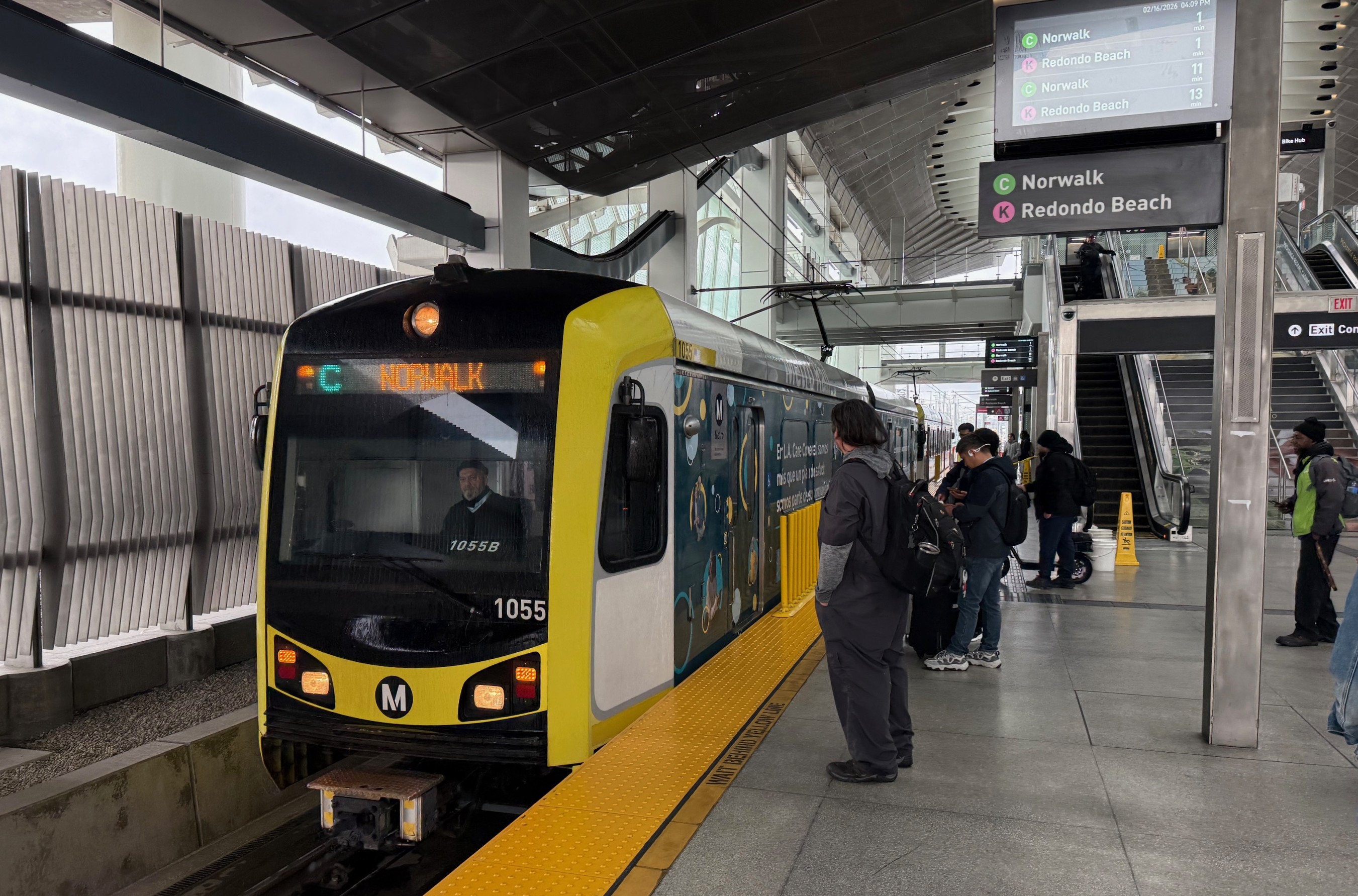
Law enforcement officers warned there would likely be an uptick in collisions when Houston debated banning red light cameras in the early part of the decade. Turns out they were absolutely right.
Houston voters banned the life-saving technology in 2010, with the press mostly cheering them along. Last year Houston PD examined how that's impacted safety at intersections. According to department data [PDF], their predictions have been borne out.
The HPD data contrasted crash figures from 2006 to 2010 -- when the cameras were in operation -- and from 2010 to 2014, after they were banned and removed. At the intersections that formerly had cameras, fatal crashes jumped 30 percent. Meanwhile, total crashes were up 116 percent. And DWI crashes nearly tripled, increasing by 186 percent.
Houstonians are now safe from $75 fines, but according to the National Coalition for Safer Roads, Houston now carries the dubious distinction of being the most dangerous city in America for red light running. Between 2004 and 2013, 181 people were killed in the city as the result of failure to comply with traffic lights.






